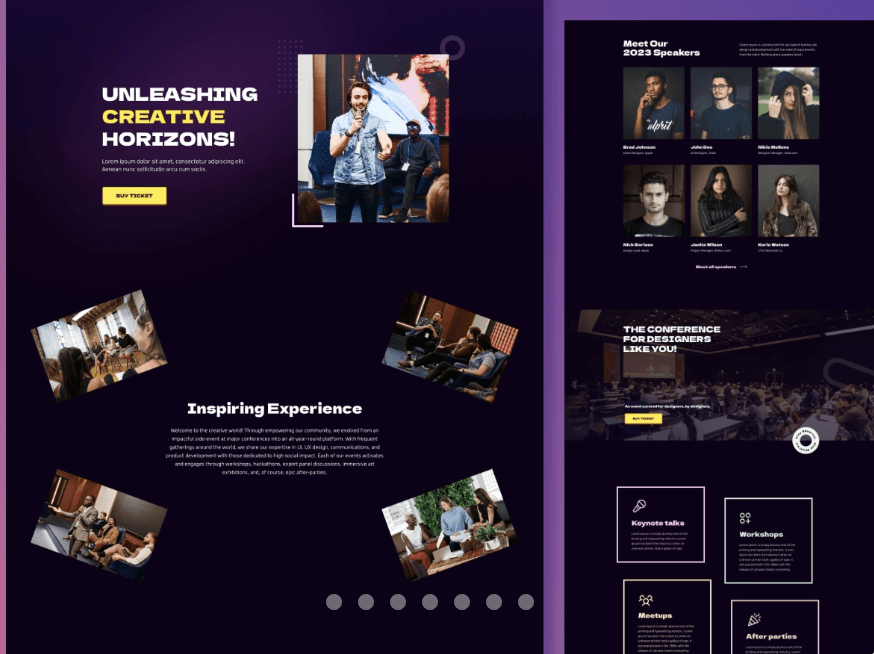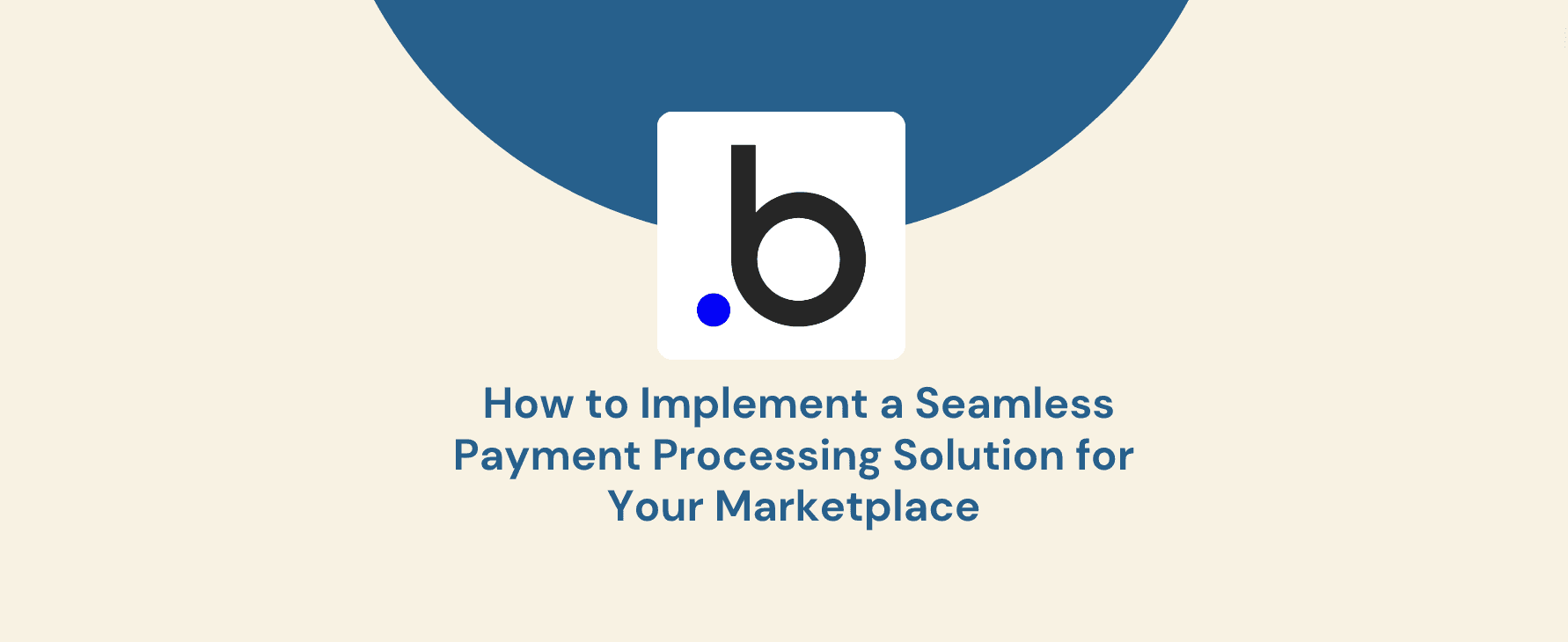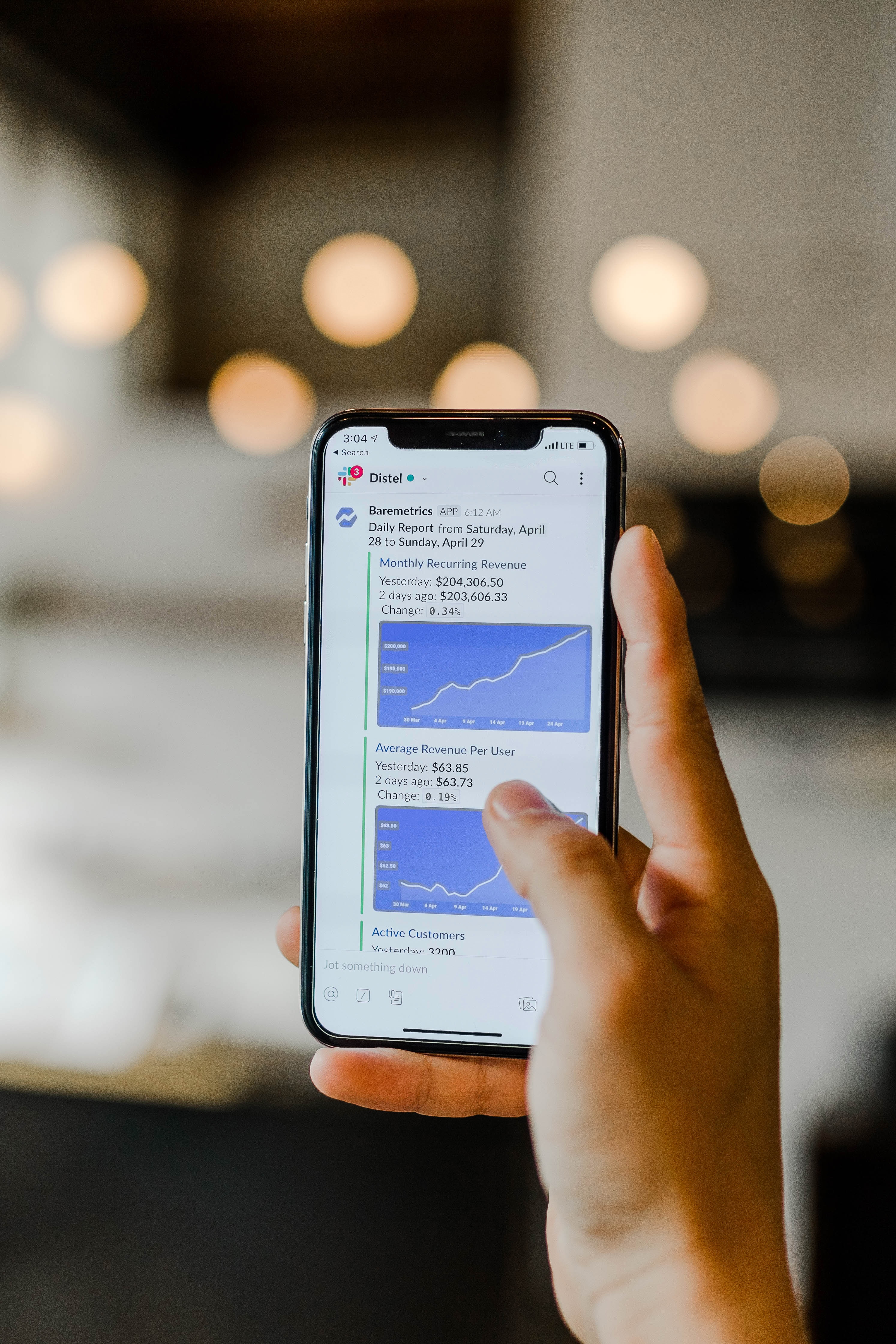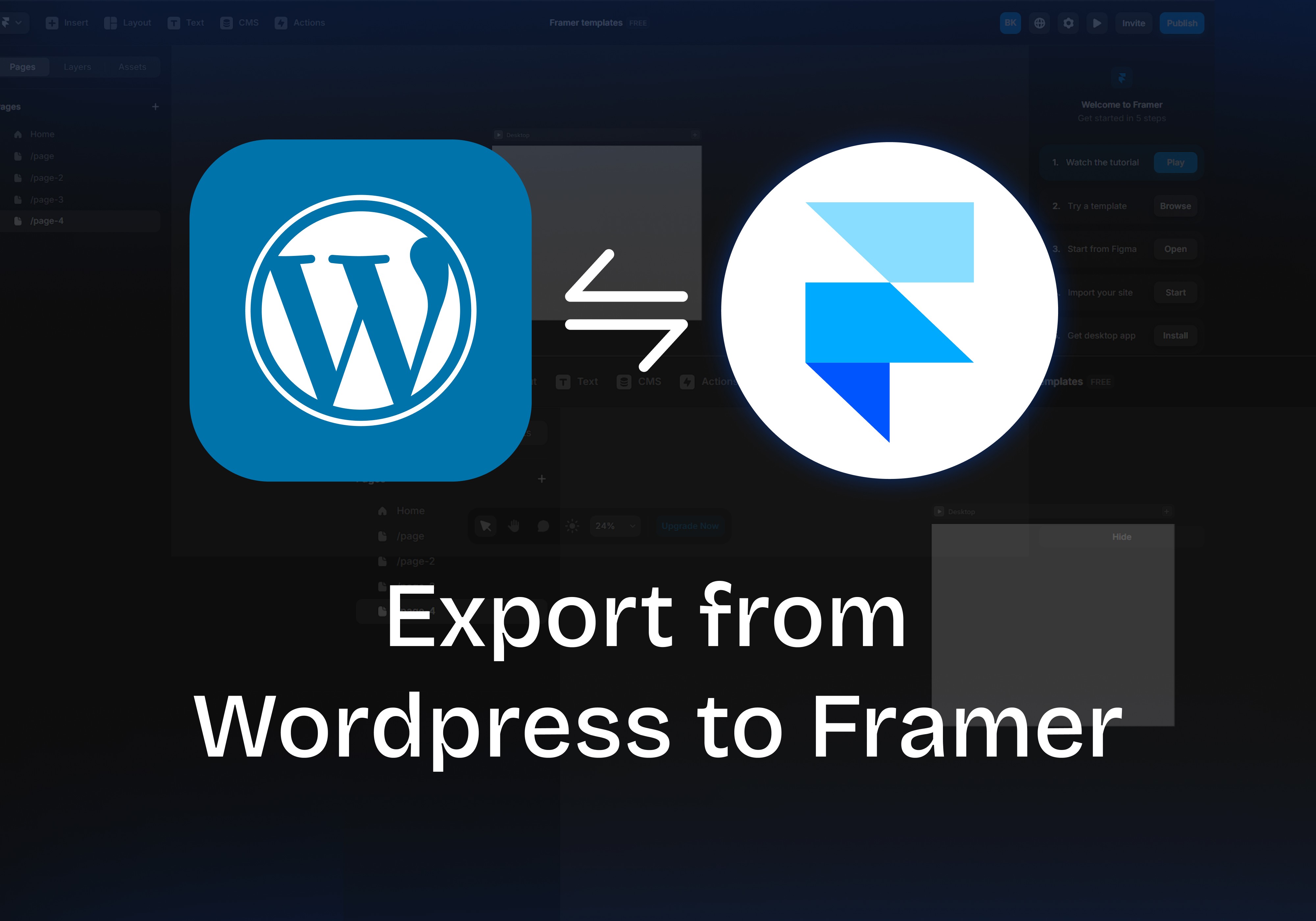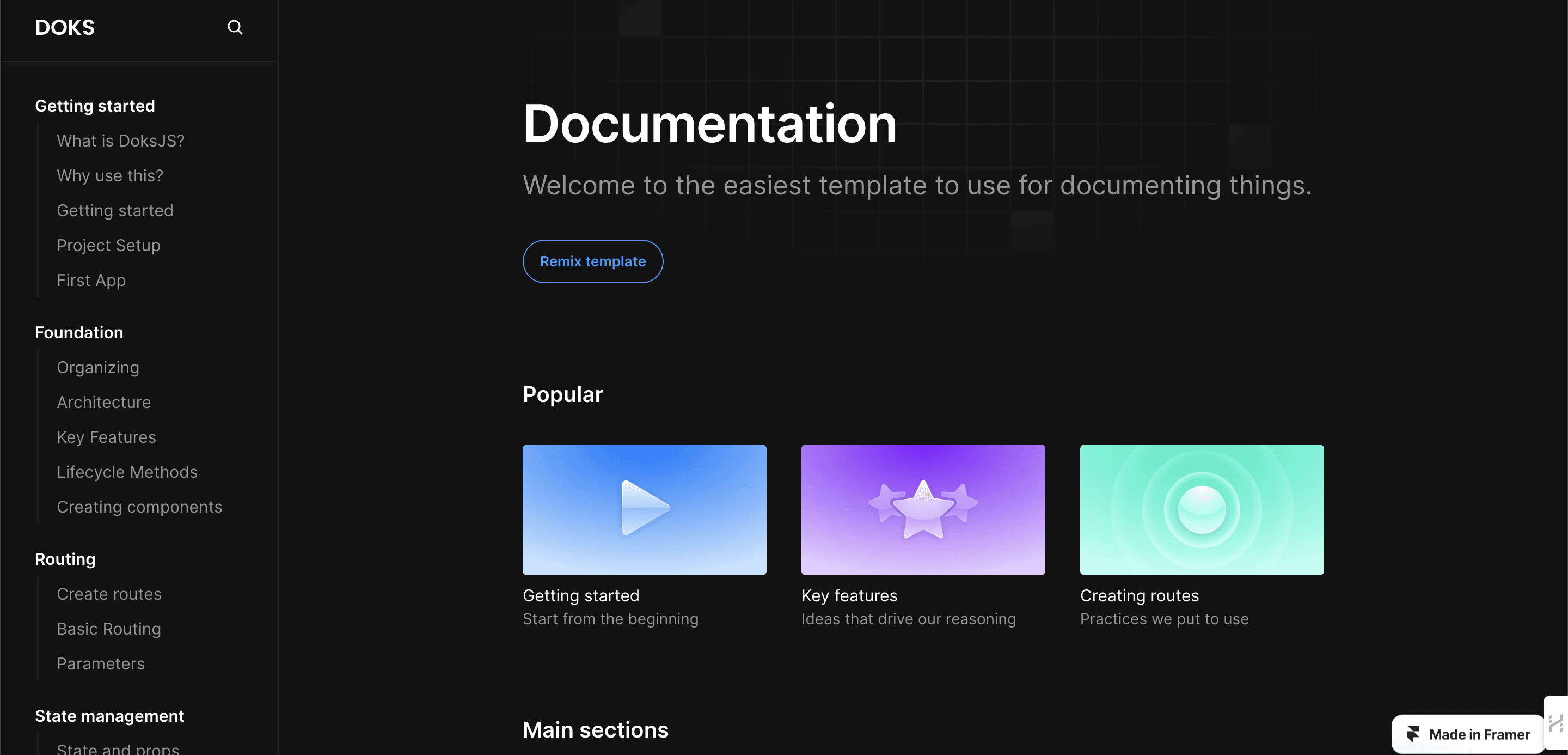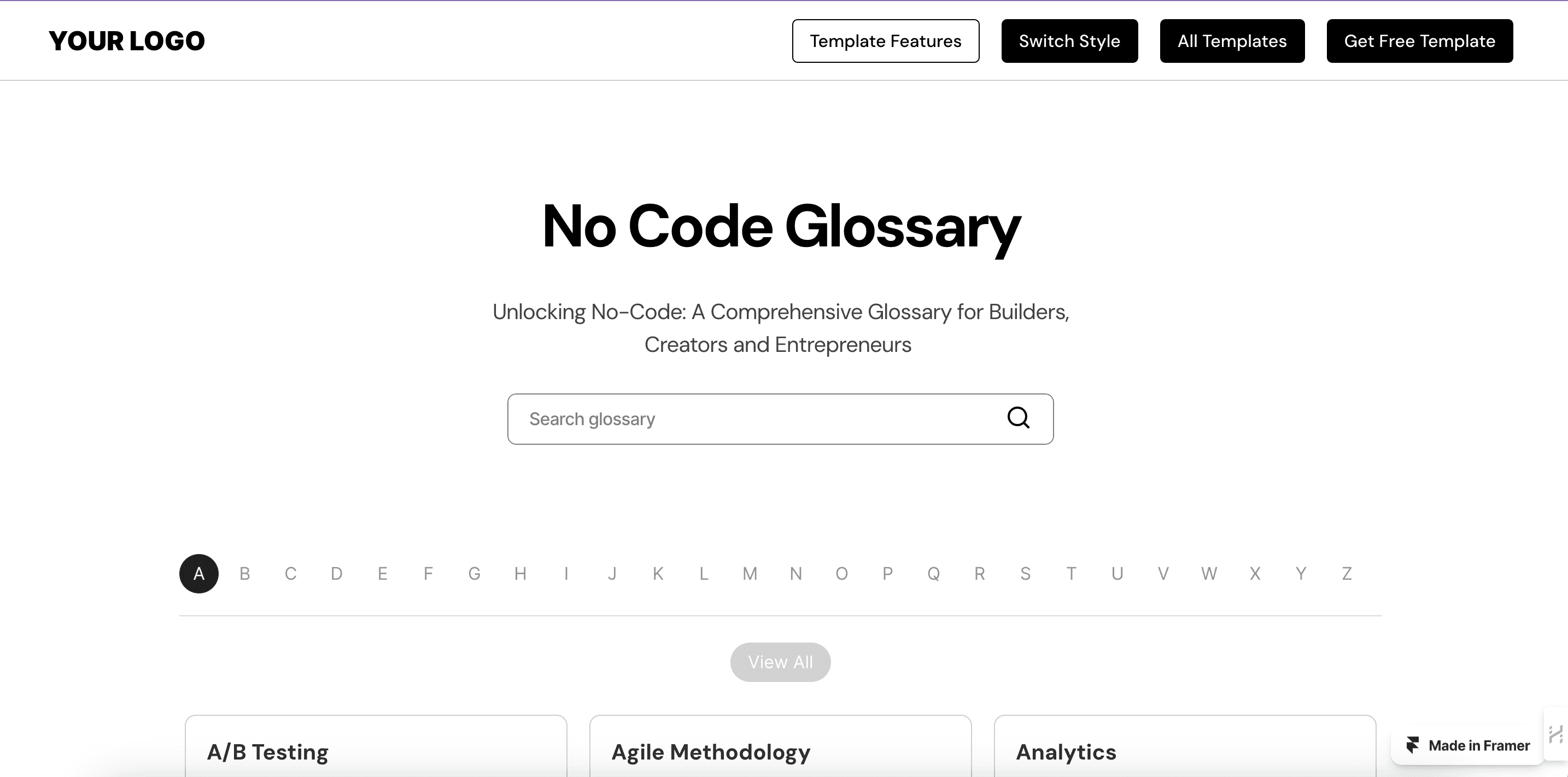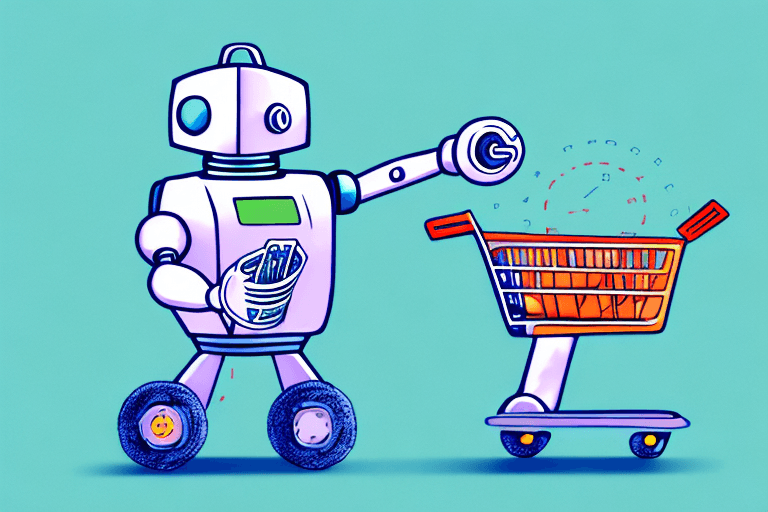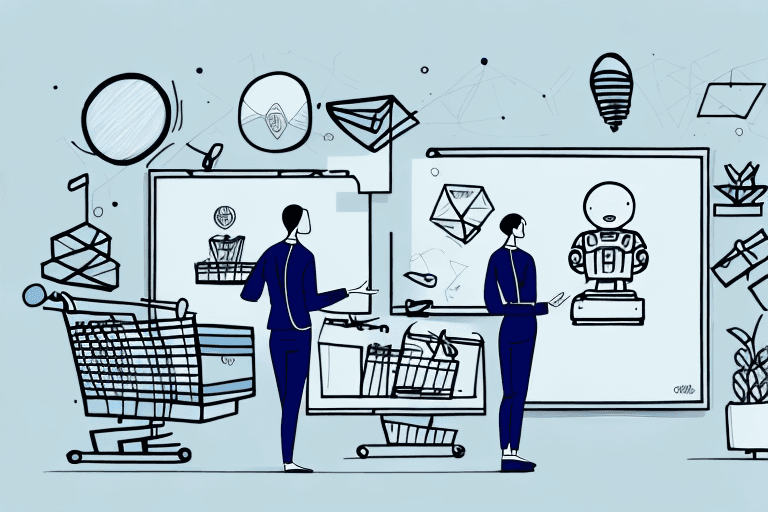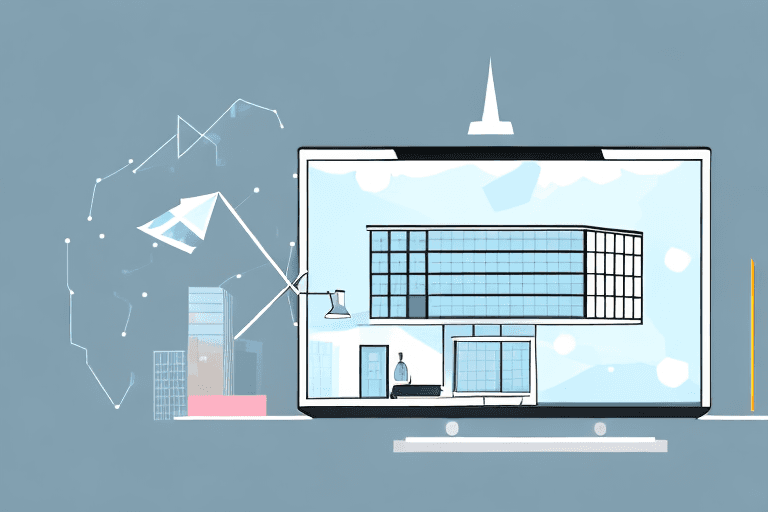Artificial Intelligence (AI) has long been the realm of highly skilled developers and computer scientists. Complex algorithms and programming languages made it challenging for non-technical individuals to build smart applications, limiting AI's potential in various industries. However, with the rise of No-Code platforms, AI is becoming more accessible to everyone. In this article, we will explore how No Code is democratizing the field of AI, breaking down barriers to adoption and opening up new possibilities for businesses and individuals alike.
The Rise of No Code Platforms
No Code Platforms have emerged as a revolutionary technology that enables the development of complex software applications without writing a single line of code. These platforms use drag-and-drop interfaces, pre-built blocks, and intuitive workflows to create applications, websites, and now, AI-driven solutions. No Code Platforms allow users to build and deploy software with significantly less time, skill, and money than traditional development methods.
What are No Code Platforms?
A No Code Platform is a visual development environment that removes the need for programming knowledge to build software applications. Users use a drag-and-drop interface and a minimal amount of code to create applications. These platforms allow users to focus on their creative and innovative aspects, instead of devoting all their time to coding and development.
No Code Platforms have become increasingly popular in recent years due to the ease of use and flexibility they offer. With No Code Platforms, users can create complex software applications without the need for extensive technical knowledge. This has opened up new possibilities for businesses and individuals who want to create innovative solutions but lack the resources or expertise to do so using traditional development methods.
The Benefits of No Code Solutions
No Code Platforms bring many advantages to businesses and organizations, including reducing development time, increasing flexibility, and lowering operational costs. With No Code solutions, developers and technical experts can focus on complex and intricate workflows while non-technical teams can take on the tasks that were out of reach for them previously. Seeing organizations leverage No code solutions to build complex systems without involving technical staff is a significant benefit of No Code Solutions.
Another significant advantage of No Code Platforms is that they enable rapid prototyping and iteration. This means that businesses can quickly create and test new ideas without the need for extensive development cycles. This can help businesses to stay ahead of the competition by being more agile and responsive to changing market conditions.
Popular No Code Platforms for AI Development
There are several popular No Code platforms for AI development, providing businesses and individuals with easy access to AI capabilities. For example, Bubble is used for building web applications, while Airtable is used for creating custom databases. Other No Code platforms include PowerApps, Zapier, and Google Clouds' AI Platform.
AI is becoming increasingly important in many industries, and No Code Platforms are making it easier for businesses to incorporate AI into their operations. With No Code Platforms, businesses can create custom AI solutions without the need for extensive technical knowledge or resources. This has the potential to revolutionize many industries by making AI accessible to businesses of all sizes.
In conclusion, No Code Platforms are a game-changer for software development, enabling businesses and individuals to create complex solutions with ease and flexibility. With the rise of AI and the increasing importance of technology in many industries, No Code Platforms are set to become even more popular in the coming years.
Breaking Down Barriers to AI Adoption
The world of Artificial Intelligence (AI) has been growing rapidly, and businesses are recognizing the potential benefits of AI. However, the technical complexity and high costs associated with AI adoption have been significant barriers for many organizations. Fortunately, No Code platforms are breaking down these barriers and opening up the potential of AI for businesses and individuals who couldn't access the technology previously.
Reducing Technical Complexity
No Code platforms make AI accessible to non-technical users, removing the need for specialized programming skills, reducing the technical complexity required for AI adoption, and lowering its barrier to entry. With No Code platforms, users can build AI solutions using simple drag-and-drop interfaces, allowing them to focus on the business logic and functionality of the solution, rather than the technical details of implementation.
Moreover, No Code platforms provide users with pre-built AI models and integrations with popular AI services such as Google Cloud AI, Amazon Web Services AI, and Microsoft Azure AI. This makes it easy for users to incorporate AI functionality into their solutions without having to develop the models from scratch.
Lowering Costs and Resource Requirements
No Code platforms also lower the cost of AI adoption by providing cost-effective alternatives to traditional software development processes. Organizations no longer need dedicated technical teams, expensive hardware or software, and lengthy development cycles to build AI solutions. With No Code platforms, an organization's diverse staff with different skills can come together to build AI solutions leading to efficient deployment and reduced resource requirements.
Moreover, No Code platforms provide users with the ability to experiment with AI solutions before committing to an expensive full-scale implementation. This allows organizations to test the waters and determine the potential ROI of an AI solution before investing significant resources into it.
Empowering Non-Technical Users
No Code platforms empower non-technical users such as Business Analysts, Customer service agents, Data analysts, and healthcare professionals to build AI-driven solutions. This gives organizations access to a vast resource of tools and ideas to work on AI applications that match business needs. With No Code platforms, users can quickly build and deploy AI solutions, enabling them to automate repetitive tasks, gain insights from data, and improve decision-making processes.
In conclusion, No Code platforms are breaking down the barriers to AI adoption and enabling organizations to take advantage of the potential benefits of AI. With No Code platforms, users can build AI solutions without the need for specialized technical skills, reduce the cost and resource requirements of AI adoption, and empower non-technical users to build AI-driven solutions that match business needs.
Real-World Applications of No Code AI
The potential of No Code AI extends far beyond just the technology industry. There are many real-world applications for non-technical users who want to leverage AI to unlock productivity gains and innovate products, services, and operations.
Automating Business Processes
Companies are using No Code AI to automate business processes such as invoicing and document collection, reducing errors, improving efficiency, freeing up employee time, and increasing productivity. This has led to significant cost savings for businesses, as well as increased accuracy in their operations. For example, companies can use No Code AI to automatically extract data from invoices and input it into their accounting systems, reducing the need for manual data entry and the associated errors that come with it.
No Code AI can also be used to automate document collection, such as gathering information from clients or customers. This can be especially useful in industries such as finance or legal, where there is a high volume of paperwork that needs to be processed. By automating this process, businesses can save time and reduce the risk of errors.
Enhancing Customer Experience
Customer service chatbots are an excellent example of how No Code AI is transforming customer experiences. Chatbots allow businesses to respond to queries around the clock, without the need for deploying large customer service teams. The Chatbot eliminates the need for the customer to wait for human assistance, enhances the response time, and provides a better customer experience. This has led to increased customer satisfaction and loyalty, as well as reduced costs for businesses.
No Code AI can also be used to personalize customer experiences, such as recommending products or services based on a customer's previous purchases or browsing history. This can be especially useful in e-commerce, where businesses can use No Code AI to create personalized product recommendations for each customer, increasing the likelihood of a sale.
Data Analysis and Visualization
No Code platforms such as Power BI by Microsoft, provide users with the ability to analyze large datasets, develop visualization dashboards, and automate insights, enabling anyone to draw insights from data. This feature of No Code AI allows individuals and teams to study data without the need for expensive statistical software or data scientists. This has democratized data analysis and visualization, making it accessible to anyone who wants to learn.
Furthermore, No Code AI can be used to automate data analysis, such as identifying trends or outliers in a dataset. This can be especially useful in industries such as healthcare, where No Code AI can be used to analyze patient data to identify potential health risks or to develop personalized treatment plans.
In conclusion, No Code AI has many real-world applications that can benefit businesses and individuals alike. From automating business processes to enhancing customer experiences and democratizing data analysis, No Code AI is transforming the way we work and live.
The Future of AI Democratization
The democratization of AI is set to transform a range of industries such as health care, finance, and transportation. AI has the potential to revolutionize the way we live and work, making our lives easier, more efficient, and more productive. With the democratization of AI, these benefits will become accessible to a wider range of people, regardless of their technical expertise or financial resources.
AI democratization refers to the process of making powerful AI tools and technologies available to everyone. This includes open-source platforms, No Code AI platforms, and other tools that enable developers and non-technical users to access and use AI technology.
The Role of Open Source in AI Accessibility
Open-source AI platforms will play a significant role in the democratization of AI, making powerful AI tools available to anyone, regardless of their technical ability. These open-source platforms will enable developers to access pre-built machine learning algorithms, data models, and applications, making it easier and more efficient to deploy AI solutions.
Open-source platforms also have the potential to drive innovation and collaboration in the AI industry. By making AI tools more accessible, open-source platforms can help to level the playing field and enable smaller organizations and individuals to compete with larger, more established players.
Addressing Ethical Concerns and Bias
The democratization of AI presents challenges with regards to the ethics and bias in AI solutions. As AI becomes more accessible to a wider range of people and organizations, there is a risk that these solutions could be used in ways that are unethical or biased.
For example, AI solutions could be used to discriminate against certain groups of people, or to perpetuate existing biases and inequalities. To address these concerns, it is essential to develop a strong regulatory framework that will safeguard against the impact of AI solutions. This framework should include guidelines for ethical AI development, as well as mechanisms for monitoring and enforcing these guidelines.
Preparing for a No Code AI-Driven World
Organizations must prepare for a No Code AI-driven world, where AI technology powers every aspect of our lives. This will require a significant shift in the way we think about and approach technology, as well as a focus on developing the necessary skills and expertise to work with these new tools.
One of the key challenges of a No Code AI-driven world will be ensuring that these solutions are secure and protect users' data privacy. This will require a focus on developing strong cybersecurity measures and data protection policies, as well as ensuring that users have a clear understanding of how their data is being used.
Ultimately, the democratization of AI has the potential to transform our world in countless ways. By making AI technology more accessible and inclusive, we can unlock its full potential and create a better future for everyone.
The democratization of AI through No Code Platforms presents new opportunities and challenges to individuals and businesses. The technology's potential is vast; it affords individuals the ability to build AI solutions that can help automate processes, drive efficiency and unlock innovations. Organizations must seize this opportunity to leverage No Code AI capabilities to stay competitive, drive innovation and prepare for future AI-driven opportunities.
Want ideas on how to automate with AI for your business? Whether it's integrating ChatGPT in your business, or creating a custom chatbot, our team of AI developers, can help you be more efficient, generate more revenue and leverage AI today.
Frequently Asked Questions (FAQs)
1. What are No Code Platforms and how are they revolutionizing AI development?
No Code Platforms are visual development environments that allow users to create software applications, including AI-driven solutions, without requiring programming knowledge. These platforms use drag-and-drop interfaces and pre-built components to simplify the development process, making AI accessible to non-technical individuals and reducing time and cost barriers.
2. How do No Code Platforms benefit businesses and organizations interested in AI adoption?
No Code Platforms offer several advantages, including reduced development time, increased flexibility, and lower operational costs. These platforms enable technical experts to focus on complex workflows, while non-technical teams can contribute to creating solutions that were previously out of reach. The rapid prototyping and iteration capabilities of No Code Platforms also empower businesses to adapt quickly to changing market conditions.
3. What are some popular No Code Platforms for AI development?
Several popular No Code Platforms cater to AI development, such as Bubble, Airtable, PowerApps, Zapier, and Google Cloud AI Platform. These platforms provide users with easy access to AI capabilities, allowing businesses of all sizes to incorporate AI into their operations without extensive technical knowledge.
4. How do No Code Platforms overcome the barriers to AI adoption? No Code Platforms reduce the technical complexity associated with AI adoption by allowing non-technical users to create AI solutions using intuitive interfaces. These platforms lower costs by eliminating the need for dedicated technical teams and lengthy development cycles. They empower non-technical users, like Business Analysts and Data Analysts, to build AI-driven solutions, fostering innovation and improved decision-making processes.
5. What are some real-world applications of No Code AI?
No Code AI has diverse applications, such as automating business processes like invoicing and document collection, enhancing customer experiences through chatbots, and democratizing data analysis and visualization. These applications lead to improved efficiency, accuracy, and personalized experiences, transforming various industries and simplifying complex tasks for non-technical users.




